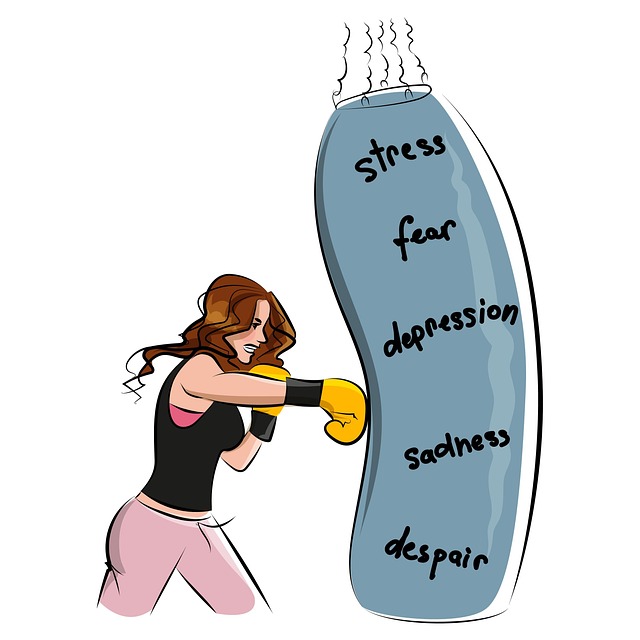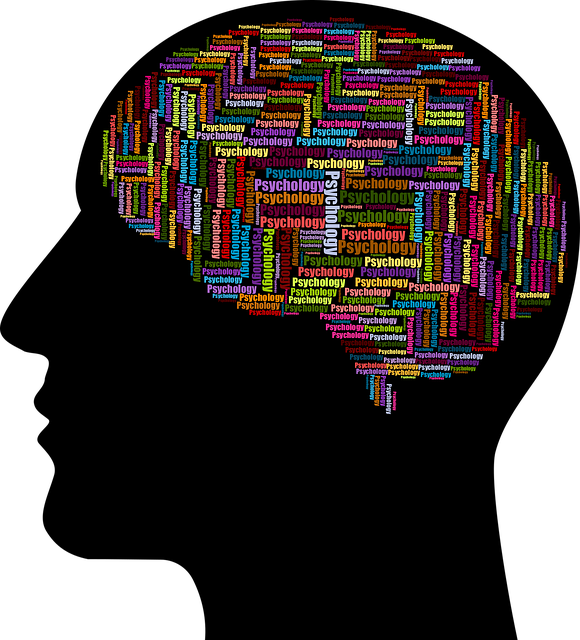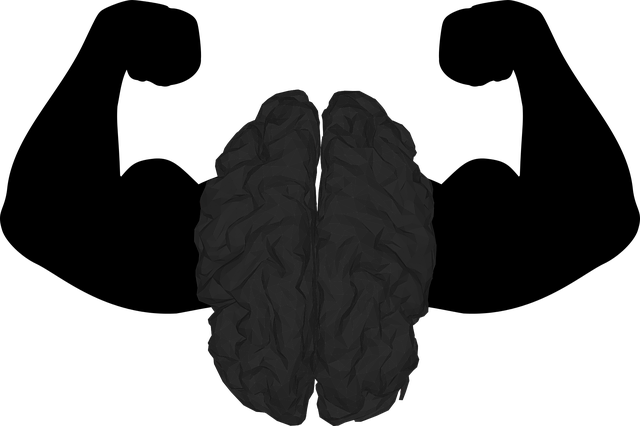Mental health diagnoses in elderly populations face unique challenges due to age-related cognitive changes and comorbid conditions, requiring a nuanced approach. Healthcare professionals must use comprehensive assessment tools tailored to elders' needs, including CBT adapted for seniors, to ensure accurate diagnoses and effective treatment plans. Targeted interventions like social skills training and emotional intelligence coaching can significantly improve mental wellness by addressing workplace stress, which is a growing concern among this demographic. By integrating culturally sensitive tools, promoting self-care routines, and focusing on emotional healing processes specific to workplace issues, diagnosis accuracy and symptom presentation clarity can be enhanced. Therapy approaches such as CBT and mindfulness-based interventions play a pivotal role in managing job stress and improving overall mental health in the workplace for elders.
Mental illness diagnosis accuracy is a critical aspect of healthcare, especially for elderly populations. This article explores the nuances of understanding mental health diagnoses in the aging demographic and delves into the significant impact of workplace stress on their mental well-being. We examine current challenges in diagnosis accuracy and propose potential solutions, highlighting effective therapy approaches tailored to address workplace issues and job stress faced by elders. By leveraging these insights, healthcare professionals can strive for more precise diagnoses and improved outcomes.
- Understanding Mental Health Diagnoses in Elderly Populations
- The Impact of Workplace Stress on Mental Well-being
- Current Challenges in Diagnosis Accuracy and Potential Solutions
- Effective Therapy Approaches for Addressing Workplace Issues and Job Stress
Understanding Mental Health Diagnoses in Elderly Populations

Mental health diagnoses in elderly populations present unique challenges due to age-related cognitive changes and a higher prevalence of comorbid conditions. Accurately diagnosing mental illness in older adults requires a nuanced approach, considering the potential impact of age-associated factors on symptoms. For instance, what may appear as anxiety or depression could be better understood as side effects of medication or early signs of dementia. Therefore, healthcare professionals must employ comprehensive assessment tools that account for these complexities, ensuring an accurate diagnosis and effective treatment plan.
Targeted interventions, such as therapy tailored to elderly individuals’ needs, can significantly improve mental wellness. Incorporating evidence-based practices like cognitive-behavioral therapy (CBT) adapted for older adults, along with addressing workplace issues and job stress specific to this demographic, has shown promise in enhancing diagnostic accuracy. Additionally, Mental Wellness Coaching Programs and Social Skills Training that focus on emotional intelligence development can empower the elderly to manage their mental health more effectively.
The Impact of Workplace Stress on Mental Well-being

The impact of workplace stress on mental well-being is a significant concern, especially for elders navigating complex career issues and job-related pressures. In today’s fast-paced work environments, the demands placed on individuals can lead to heightened anxiety, depression, and other mental health challenges. Elders, with their vast experience and expertise, often face unique stressors such as managing intergenerational teams, adapting to technological advancements, or dealing with organizational changes. These factors contribute to a decline in their emotional intelligence and social skills, essential aspects of overall well-being.
Therapy for elders can play a pivotal role in addressing these workplace issues. Through tailored interventions, professionals can help individuals develop coping strategies to manage stress effectively. Social skills training and self-esteem improvement techniques are valuable tools to enhance their interactions at work and foster a sense of belonging. Moreover, emotional intelligence coaching enables them to navigate interpersonal relationships more adeptly, promoting a healthier work environment. By focusing on these areas, mental health professionals contribute to improving the accuracy of diagnosis and enhancing support for elders experiencing workplace-related mental illness.
Current Challenges in Diagnosis Accuracy and Potential Solutions

The current landscape of mental illness diagnosis is fraught with challenges that impact accuracy and effectiveness. One significant hurdle is the complexity of symptoms, which often overlap across various disorders, making differentiation difficult for healthcare professionals. Additionally, cultural biases in diagnostic tools can lead to misrepresentations, particularly among diverse populations. The high comorbidity rates, especially in elderly individuals, further complicate the process as multiple conditions may coexist, each contributing uniquely to an individual’s presentation.
Addressing these challenges requires a multi-faceted approach. First, integrating advanced assessment tools that consider cultural sensitivity and context can enhance accuracy. Encouraging self-care routine development for better mental health through practices like mindfulness and therapy for elders can also improve presentation clarity. Moreover, focusing on emotional healing processes and stress reduction methods tailored to workplace issues and job stress could mitigate symptoms, making diagnosis more distinct.
Effective Therapy Approaches for Addressing Workplace Issues and Job Stress

Effective therapy approaches play a pivotal role in addressing workplace issues and job stress among elders. Cognitive-behavioral therapy (CBT) has proven particularly useful, as it equips individuals with coping skills to manage stressors and improve their mental well-being at work. CBT helps identify negative thought patterns and replaces them with more positive, realistic ones, enhancing problem-solving abilities.
Additionally, mindfulness-based interventions gain traction in the workplace. These practices foster stress management workshops within organizations, promoting awareness of present moments and encouraging participants to embrace a non-judgmental attitude. While trauma support services remain crucial for those who have experienced past traumas, integrating coping skills development through structured programs enhances overall mental health in the workplace.
Mental illness diagnosis accuracy is a multifaceted challenge, particularly in elderly populations where unique complexities arise. By understanding the impact of workplace stress on mental well-being and employing effective therapy approaches tailored to address job-related issues, we can significantly improve diagnostic practices. Integrating these strategies into healthcare systems will ensure better support for both elders’ mental health and overall well-being, ultimately fostering more accurate diagnoses and enhanced treatment outcomes. Additionally, continuing research and collaboration between professionals are vital to staying informed about the latest advancements in this field, leading to even greater improvements in mental health care.









